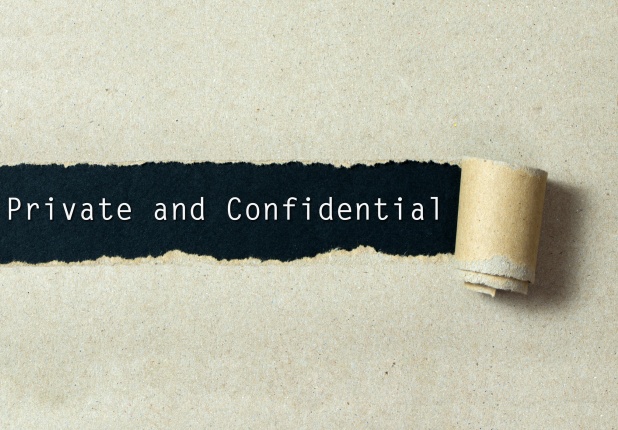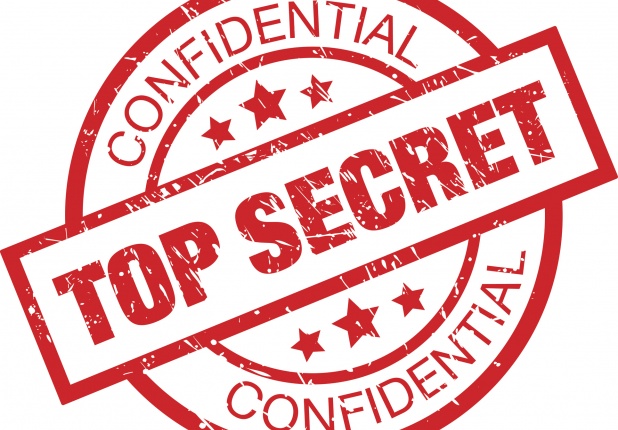Managing a Foreign Language Document Review (Without Being Able to Speak Japanese!)
Managing a document review that contains foreign language documents and utilizes foreign language reviewers comes with its own set of unique challenges. In this article I provide insight into my experience managing a foreign language review (while not speaking the foreign language) and lessons I learned along the way.








